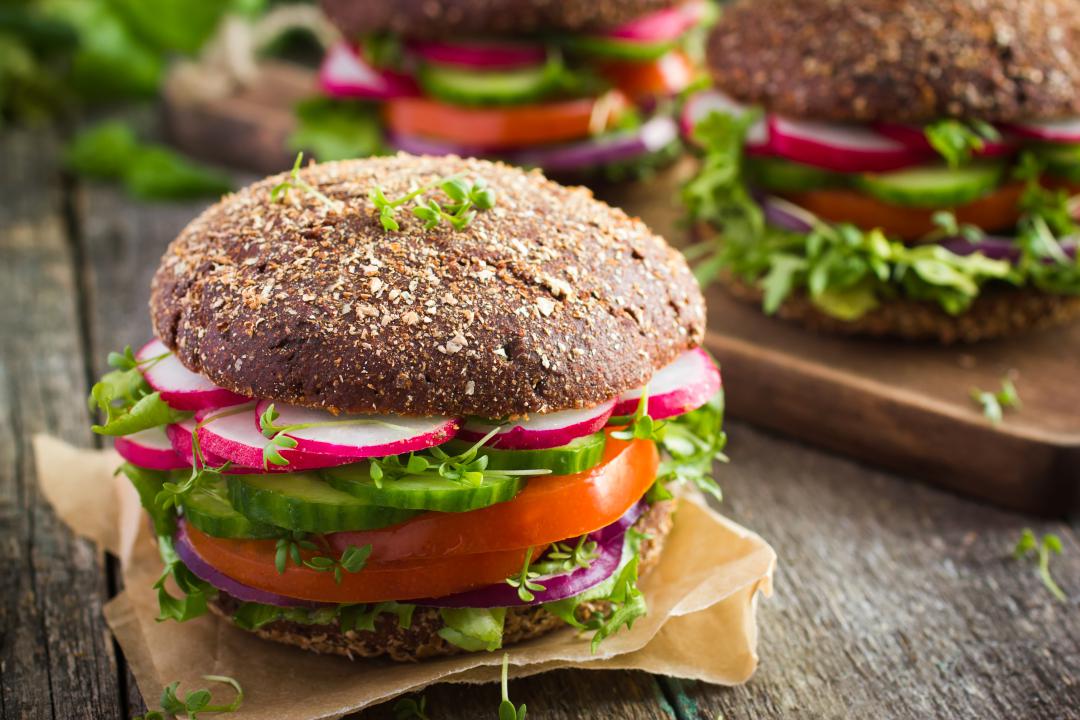Nutrition
Is Veganism Healthy?
Veganism isn’t going to make you moody, and it might even make you more resilient towards psychological stress. But you have to pay close attention to what you eat if you’re following a vegan diet.

Imagine that you’re one of the first humans to move to Mars. A plant-based diet is the only available option at the space station. You have no choice but to become a vegan. This has led scientist to wonder if veganism is healthy. Luckily, your mood won’t be affected. A study that put 16 meat-eaters on a vegan diet for one month to find out how the diet would affect the mood of astronauts found no change in the participants. The participants were just as happy when they subsided on ‘rabbit food.’ Findings from other studies go even further and point to that veganism can make people happier.
Yet, improved emotional wellbeing is usually not why people chose to go vegan. People tend to mention reasons like animal welfare, the environment or health when asked why they follow a vegan diet. There’s no doubt that veganism has many health benefits. Veganism is likely to reduce the risk of heart disease, some cancers and diabetes. On top of that, vegans are also likely to have slightly better health outcomes than vegetarians. They tend to have lower cholesterol and blood pressure than vegetarians. The nutrients in plant-based foods probably explain why vegans have these desired health outcomes. Vegetables, pulses, fruits, nuts and grains are packed with fibre, magnesium, folic acid, phytochemicals and vitamins.
Yet, it’s important to bear in mind that you have to pay close attention to micronutrients on a vegan diet. Vegans run a risk of not getting enough calcium, iodine, vitamin D and B12. Many vegans take supplements to ensure that they get enough of these essential nutrients. Deficiencies can lead to poor health outcomes, especially long-term. One study found that women who had been vegan for many years had weakened bones as a result of calcium deficiency.
But vegans aren’t the only ones who need to pay attention to micronutrients. Omnivores also get micronutrient deficiencies, and most people don’t get enough fibre in their diets. In other words, the best diet for me might not be the best diet for you. Everyone has to do what feels good for them!
Sources
- Health effects of vegan diets. WJ Craig, Am J Clin Nutr, vol 89, s 1627s-1633s, 2009
- Food and mood: A nutritional and mood assessment of a 30-day vegan space diet. A Olabi et al, Food Quality and Preference, vol 40 s, 110-115, 2015
- Vegans report less stress and anxiety than omnivores. B Beezhold, Nutritional Neuroscience, vol 18, s 289-296, 2015
